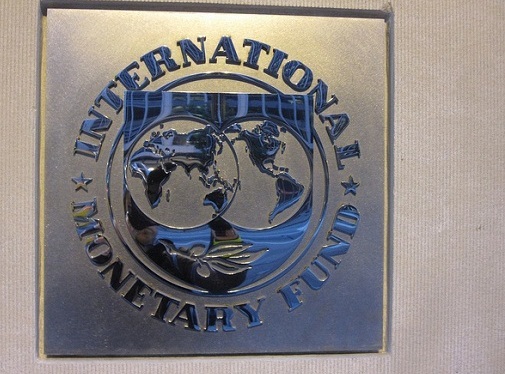IMF’s Board completes first and second reviews under the SBA for Romania

The Executive Board of the International Monetary Fund (IMF) yesterday completed the first and second reviews of Romania’s economic evolution under the conditions agreed in the 2-year Stand-By Arrangement (SBA). The arrangement was concluded last fall and it is treated as precautionary by the Romanian authorities. An IMF Mission came to Bucharest in late-January for a two-week visit for assessing the country's performance in reltion to the economic criteria agreed.
With these
assessments completed, the Fund makes available for disbursement an additional
amount of 436 million euro, thus the total resources Romania could access for
now under the SBA comes to some 654 million euro of nearly 2 billion euro - the
total amount.
Following the Board’s
meeting, there was also approved an intermediary review based on end-June 2014
performance, as requested by the Romanian authorities, review which would coincide
with the planned Article IV consultation and the mid-year budget rectification.
According to a press release concerning the reviews, although Romania has seen a major improvement in terms of economic growth in 2013, the economy and the financial sector are still vulnerable.
“Romania is making good
progress under the precautionary SBA. Economic growth reached a post-crisis
high in 2013, the current account narrowed significantly, and inflation has
fallen to historic lows. However, the economy and the financial sector remain
vulnerable to shocks. Steadfast program implementation is essential to preserve
macroeconomic stability and policy buffers in this election year”, David
Lipton, IMF’s Deputy Managing Director and Acting Chair, stated.
He further commented
that the budget deficit target set for the current year provides for further
fiscal adjustment, supporting at the same time greater absorption of European
Union funds.
Other key priorities
named by Lipton are improved capital spending, better revenue collection, as
well as implementation of an expenditure control system. Besides these, he
suggests that Romania should pay higher efforts for reforming the health care
sector and for shielding vulnerable households from deregulated energy prices.
Additional efforts are needed to strengthen the monetary policy transmission.
While the banking system continues to be well capitalized, the non-performing
loans remain an issue whose resolution should be accelerated by the authorities
that also need to closely monitor risks from parent bank deleveraging.
The IMF delegate concluded by outlining that “Structural reforms in the energy and
transportation sectors have progressed. Electricity prices for commercial users
have been liberalized and initial public offerings were held in two major energy
companies. Sustained progress in state-owned enterprise reform, including a
restructuring of the freight railway company and a reduction of arrears will
continue to be critical components of the program”.
The two reviews were completed at once given that Traian Basescu had initially refused to sign the Memorandum approving the SBA due to some of its provisions which were subsequently removed (i.e. the 7 eurocents tax on fuel effective as from April 1, 2014). Hence, even though it was considered ongoing, the arrangement officially came into force at the beginning of this month when the President eventually approved the Memorandum and the related Letter of Intent.






